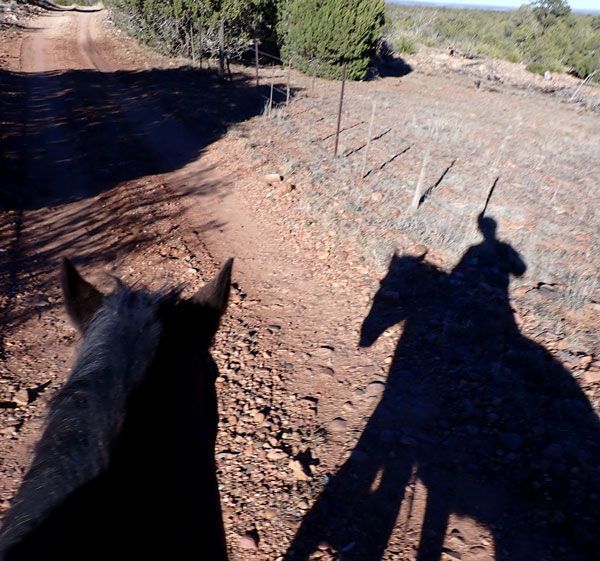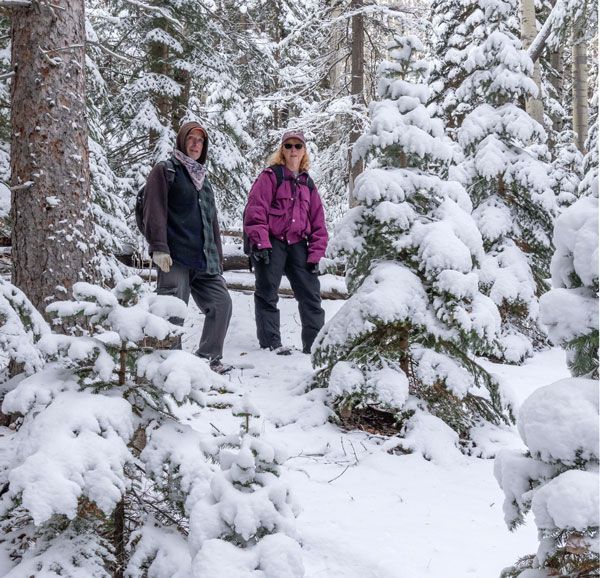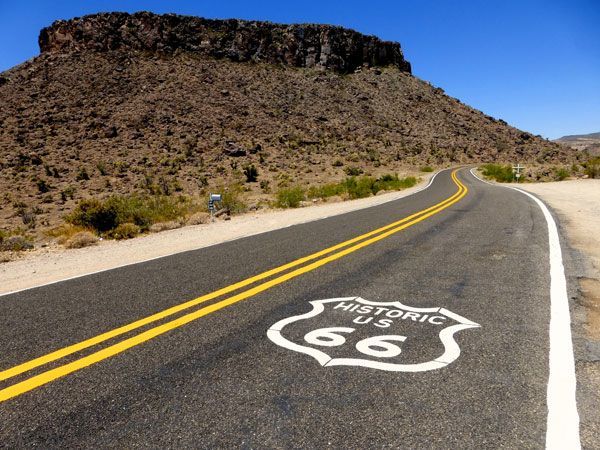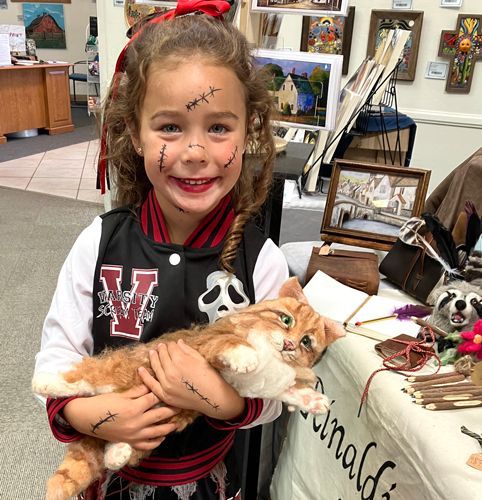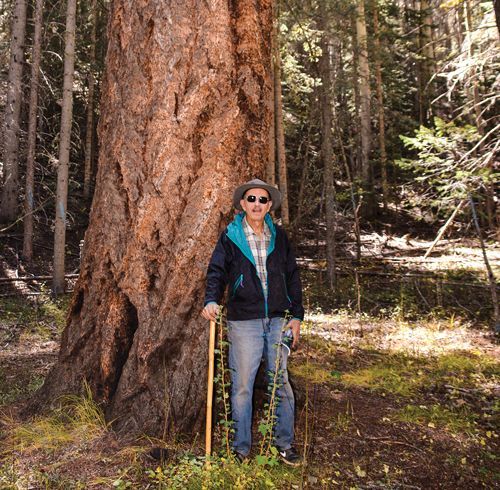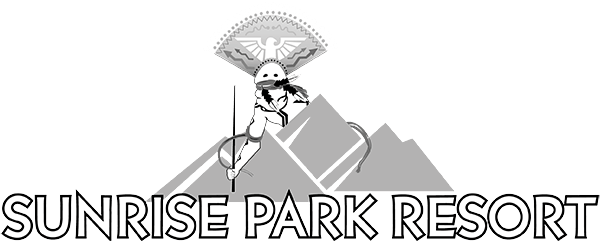More Than Just Livestock
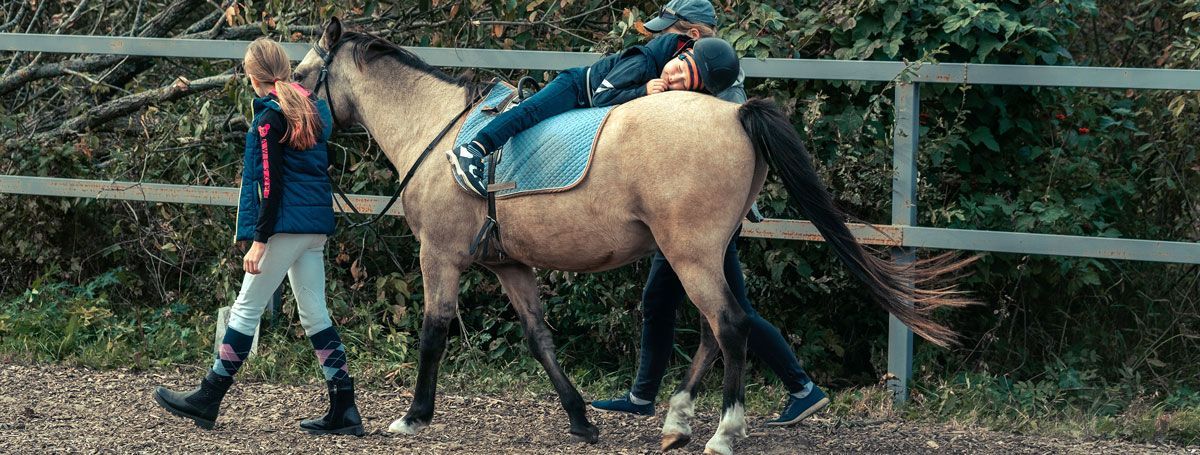
Helpful Horses
By Kathleen Little
There is an argument in the animal world that horses are not pets. Some would say that although we love them, pet them, bond with them, and consider them family, a horse is delineated as livestock. This, of course, is due to their use for labor and transportation post-domestication. We often associate horses with these traditional roles and duties, but they have an entirely different skill set that makes them better than your average livestock. They can heal.
Hippotherapy (therapy using horse riding) and Equine therapy evolved as scientifically recognized treatment methods in the 1960s, but their long journey can be traced as far back as ancient Greece. In the mid-1940s, Scandinavian physicians and horse experts began using the therapies to help patients during an outbreak of polio. By 1960, the Community Association of Riding of the Disabled (CARD) was formed, introducing Canada and the United States to the benefits of these helpful horses. Since then, the world of services that can be aided by the use of these noble creatures has become almost limitless.
Hippotherapy is a type of therapy that uses horses to provide physical, emotional, and cognitive benefits to individuals with various conditions and disabilities. It involves using the horse's movements to stimulate the rider's body and mind. Hippotherapy is particularly beneficial for people with neurological disorders such as cerebral palsy, autism spectrum disorder, multiple sclerosis, and traumatic brain injuries. It improves muscle tone, coordination, balance, and posture, while also enhancing sensory processing, social skills, and emotional well-being. Additionally, hippotherapy promotes confidence, self-esteem, and independence in individuals of all ages.
A growing amount of psychological patients are showing great improvements in their mental health using Equine therapies, especially those with post-traumatic stress disorder (PTSD). Highly sensitive horses require that their riders and handlers be able to regulate their emotions and rely heavily on trust for bond-building. This allows a patient to exercise their growing ability to handle anxiety by grounding and remaining mindful with an understanding creature. Once a partnership is built between the patient and the horse, the physical activity and exertion of riding and caring for the animal helps reduce their stress and improve their all-around health.
Therapeutic riding has proven to be so effective that even the Department of Veteran’s Affairs (VA) recognizes it as a meaningful treatment option for our heroes at home. Several grants are offered federally and regionally for any veteran who needs a horse in their life. These programs are often easy to find as well. A simple Google search provides a litany of providers who are not only willing to assist and accept grants, but are sometimes run by volunteers for a very small cost or donation —- especially to help a veteran.
Similarly, Equine therapy can aid with addiction recovery. Like the PTSD treatment, a recovery patient works to build bonds, remain grounded, learn trust, and regulate emotions. Aside from these steps, they also learn the value of responsibility and routine by caring for the horses in a structured time frame and environment. The time that the patients spend with their horses gives them an atmosphere to reflect and grow, while also affording them measurable goals and a means of improving their dwindled confidence and self-esteem.
The programs are reminiscent of one another in many of the means of Equine therapy with some variations depending on diagnosis. For example, a rider with autism might be guided initially into a more tactile experience in order to soothe their sensory sensitivities, while a patient with multiple sclerosis may be working with a trainer on balance. This is why it is imperative that specialists and therapists help to create a plan that works for the individual’s needs. What works for one patient may actually be aversive, uncomfortable, or even scary to another. After all, no two riders are alike.
Obviously, you don’t need any kind of diagnosis to benefit from a little horseplay. You might need a little time in the saddle to clear your head. Perhaps you just need to scratch a new friend between the ears to calm some anxiety. Maybe, with a little time around a stable, you’ll learn that a horse isn’t exclusively livestock or a pet. They’re something even better.


